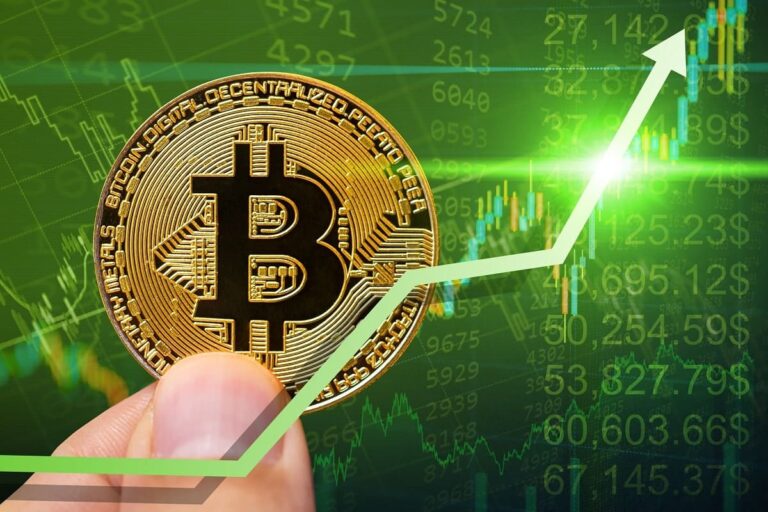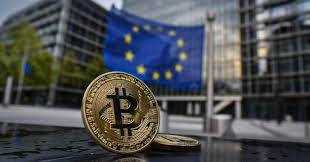Hook: Could Bitcoin really be unfairly making the rich richer, while the rest of us fall behind? A new report says yes—and it’s sparking major debates.
Understanding the Controversy
A recent paper from the European Central Bank (ECB) claims that people who bought Bitcoin (BTC) early are profiting off newer buyers in an unfair way. The ECB is concerned that older Bitcoin holders are selling their coins at a high price, making big profits, while newer investors are buying in at higher prices and losing out.
The authors of the report argue that this pattern is hurting new investors and causing wealth inequality. Their solution? Strict regulations to prevent Bitcoin’s price from rising or, in some cases, banning Bitcoin entirely. They believe this would stop older holders from exploiting newer ones. But here’s the twist—this is how all markets work. Whether it’s stocks, real estate, or Bitcoin, people buy when prices are low and sell when prices rise.
Why This Matters to You
This article taps into the heart of a bigger debate about cryptocurrency: Should Bitcoin be controlled or even banned because it’s too volatile and creates inequality? This is important because Bitcoin is seen by many as an escape from traditional financial systems, which are often criticized for their own unfair practices.
You, as a 20-year-old interested in investing or learning about finance, need to understand a few key concepts:
- Exploitation in Markets: In all financial markets, early investors tend to have an advantage. This doesn’t mean they’re cheating the system, but rather that they’re benefiting from being early adopters.
- Bitcoin and Regulation: The ECB’s call for regulating or banning Bitcoin reflects growing concerns about its role in the financial system. If regulations are introduced, this could impact your ability to invest freely in cryptocurrencies.
- Inflation and Fiat Money: Bitcoin was created in response to inflation caused by governments printing too much money. The article points out that the ECB’s paper ignores why Bitcoin’s price has skyrocketed—because traditional money is losing value. Since 1999, the euro has lost about 85% of its value compared to gold, which is a huge hit for people relying on traditional currencies.
The Bigger Picture
The ECB also made a controversial claim that Bitcoin is mostly used for criminal transactions. But this has been debunked by many experts, including the U.S. Treasury Department, which says cash is still king when it comes to illegal activities.
The paper fails to mention something crucial—Bitcoin’s creator, Satoshi Nakamoto, designed it to be a safe place for people to store their wealth in a world where governments are constantly devaluing traditional currencies through excessive money printing. In fact, the very first Bitcoin block—called the Genesis Block—had a hidden message referencing a newspaper headline about the financial crisis in 2009.
Key Terms to Remember
- Monetary Inflation: The decrease in purchasing power of money, caused by governments printing more of it.
- Fiat Currency: Traditional money, like dollars or euros, which isn’t backed by a physical commodity like gold.
- Genesis Block: The first block ever mined on the Bitcoin network, symbolizing the beginning of a new financial system.
- Decentralized: A system that isn’t controlled by one authority (like a bank or government), but by a network of users.
Why This Article Builds Knowledge
By diving into this article, you can see how governments and banks are struggling to understand and control something like Bitcoin, which is challenging their traditional methods of handling money. This is crucial for your understanding of financial independence, as cryptocurrency offers new ways to store, protect, and grow your wealth.
The future of Bitcoin and other cryptocurrencies is still unfolding. Knowing how regulation could change the landscape—and why some people are pushing for these changes—will help you make informed decisions about your investments and understand the broader economic trends shaping the world today.
Bitcoin might be volatile, but it was born out of a need for financial freedom. Whether or not it should be regulated is something that will shape the financial world in the years to come. Now is the time to deepen your understanding and see where you stand.



